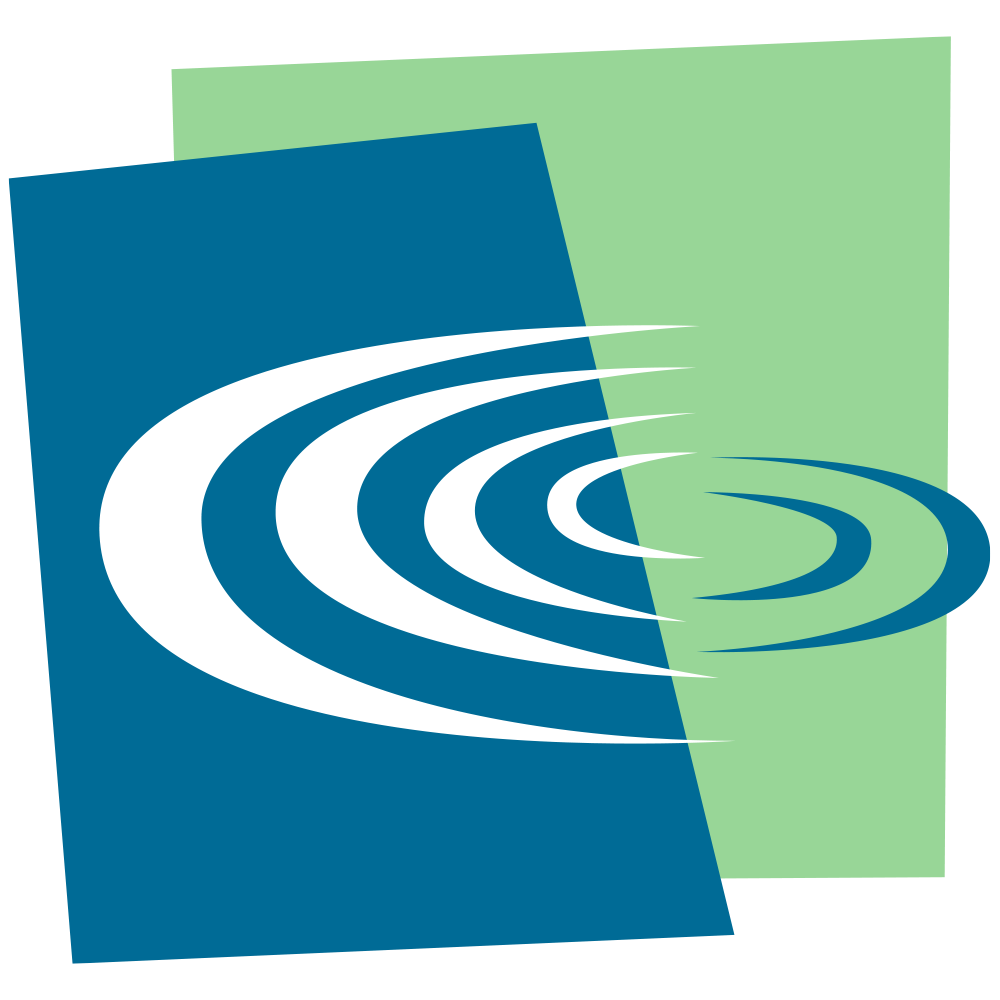House Passes INVEST in America Act with Water Infrastructure Funding
Published: July 2, 2021
On July 1st the U.S. House of Representatives passed the $715 billion INVEST in America Act, ![]() with funding for transportation and water infrastructure. Although this bill does not include new water efficiency grant funding that AWE has recommended, it does include significant investments that will improve water efficiency. Moreover, there are other legislative options for securing water efficiency grant funding, and AWE has successfully elevated this issue in congress with our op-ed in The Hill,
with funding for transportation and water infrastructure. Although this bill does not include new water efficiency grant funding that AWE has recommended, it does include significant investments that will improve water efficiency. Moreover, there are other legislative options for securing water efficiency grant funding, and AWE has successfully elevated this issue in congress with our op-ed in The Hill, ![]() sign-on letter, and ongoing meetings with congressional staff. We remain optimistic that Congress will eventually approve significant new water efficiency funding this year.
sign-on letter, and ongoing meetings with congressional staff. We remain optimistic that Congress will eventually approve significant new water efficiency funding this year.
The water components of the INVEST in America Act include:
Drinking Water Infrastructure & Assistance: $117 billion
- Authorizes $53 billion for the Drinking Water State Revolving Fund, the primary source of federal funding for safe drinking water infrastructure.
- Authorizes $45 billion to fully replace lead service lines throughout the nation. As many as 10 million lead service lines are currently in use, including an estimated 400,000 schools and child facilities with lead components.
- Strengthens drinking water standards and improves the Environmental Protection Agency’s ability to set those standards. It directs EPA to set health-protective national standards for PFAS, 1,4-dioxane, and microcystin toxin within two years.
- Provides assistance to low-income Americans with their water bills by creating two permanent assistance programs and authorizing them at $8 billion.
- Promotes near-term customer debt relief by authorizing $4 billion to reduce or eliminate debt incurred since March 2020 and prohibiting water systems receiving this funding from disconnecting the service of eligible residential customers as a result of non-payment for a five-year period.
Wastewater Infrastructure: $51.25 billion
- Authorizes $40 billion for the Clean Water State Revolving Fund, the primary source of federal funding for clean water infrastructure.
- Includes $2 billion for projects to capture, treat, or reuse sewer overflows or stormwater— helping keep pollution out of local rivers and lakes—and $2.5 billion for state water pollution control programs.
- Permanently codifies the clean water “green reserve” to prioritize investments in green infrastructure, water- and energy-efficiency, and other efforts to make utilities more resilient to climate change. Also dedicates $1 billion toward alternative water source and water recycling projects to augment existing water supplies.
- Provides critical technical assistance to small, rural, and Tribal communities that often struggle to afford the costs of planning new infrastructure projects and to address local water quality challenges.
- Establishes a new clean water grant program to invest in communities with failing septic systems and prioritizes funding to those communities that lack access to adequate sewage treatment systems.

